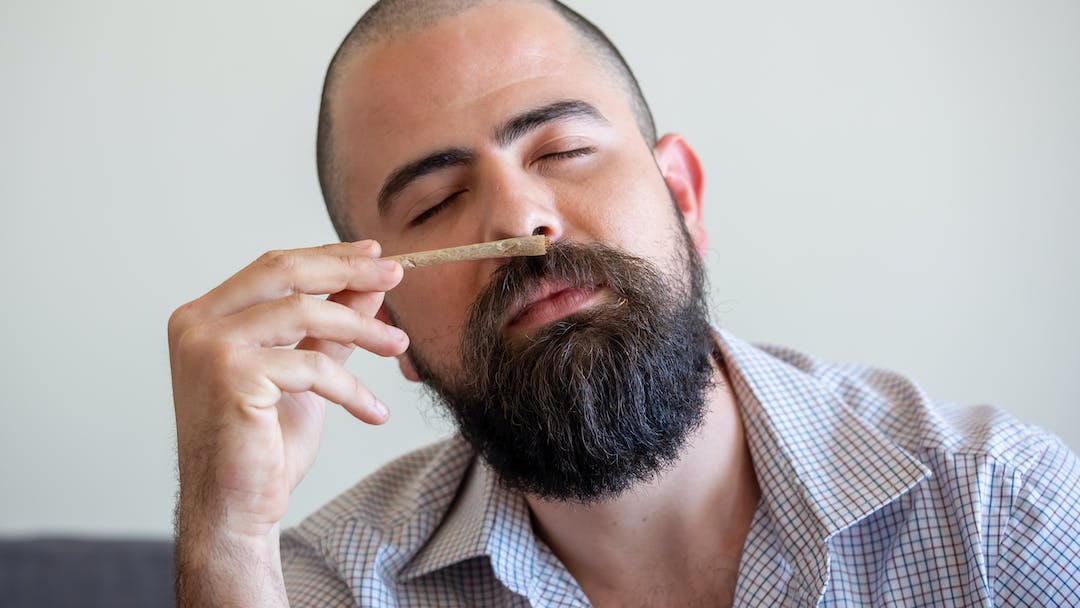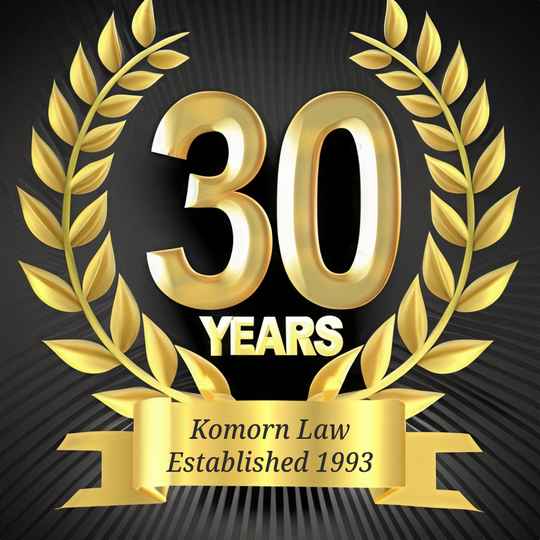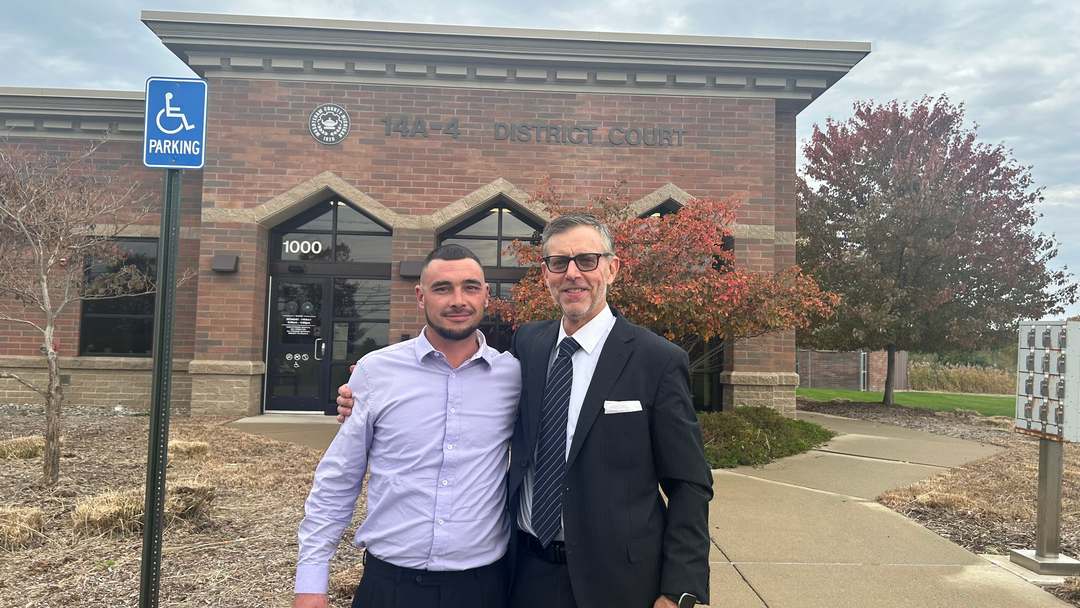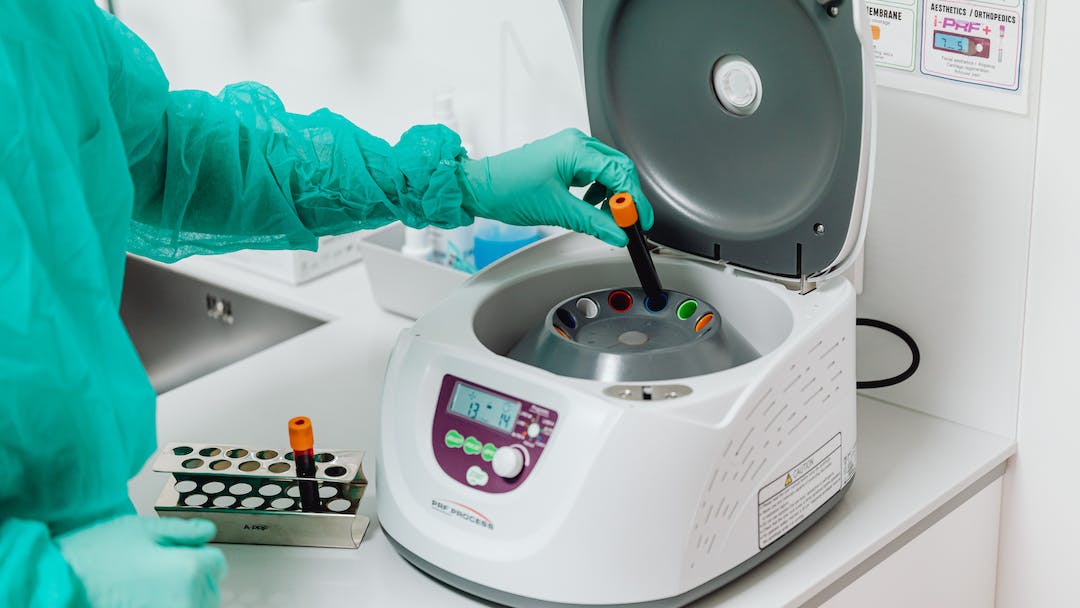A recent study published in Addiction evaluated the associations of cannabis use disorder (CUD) with cardiovascular disease (CVD) outcomes.
Cannabis usage is prevalent among more than 200 million individuals worldwide, and its associated adverse effects carry significant implications. The occurrence of Cannabis Use Disorder (CUD) affects approximately 27%-34% of cannabis users, highlighting the urgent need for public health attention. The gravity of the situation is further emphasized by the limited availability of treatments and behavioral interventions for those affected.
Although research suggests adverse health outcomes due to cannabis usage, the relationship between cannabis and CVD is less explored. However, current evidence indicates a higher occurrence of cardiovascular events among young cannabis users. In addition, cannabis has been associated with severe events such as stroke, myocardial infarction, arrhythmias, atherosclerosis, and cardiomyopathies.
Read The Article Here
FAQs about Cannabis Use Disorder
What is cannabis use disorder?
Cannabis use disorder (CUD) is a medical condition in which a person uses cannabis excessively and compulsively, even though it is causing problems in their life. CUD can lead to a number of negative consequences, including impaired memory and learning, problems with relationships and work, and financial problems.
How common is CUD?
CUD is the most common substance use disorder among people in the United States. About 10% of people who use cannabis will develop CUD, and the rate is higher among adolescents and young adults.
What are the symptoms of CUD?
The symptoms of CUD can vary from person to person. Some common symptoms include:
Using more cannabis than intended
Trying but failing to quit using cannabis
Spending a lot of time using cannabis
Craving cannabis
Using cannabis even when it causes problems at home, school, or work
Continuing to use cannabis despite social or relationship problems
Giving up important activities with friends and family in favor of using cannabis
Using cannabis in high-risk situations, such as driving a car
Continuing to use cannabis despite physical or psychological problems
Needing to use more cannabis to get the same high
What are the risk factors for CUD?
A number of factors can increase a person’s risk of developing CUD, including:
Age: Adolescents and young adults are more likely to develop CUD than older adults.
Family history: People with a family history of addiction are more likely to develop CUD.
Mental health problems: People with mental health problems, such as depression or anxiety, are more likely to develop CUD.
Peer pressure: People who have friends who use cannabis are more likely to use cannabis themselves.
Early exposure to cannabis: People who start using cannabis at a young age are more likely to develop CUD.
How is CUD treated?
There is no one-size-fits-all treatment for CUD. Treatment plans are typically tailored to the individual’s needs and may include a combination of medication, therapy, and support groups.
Common treatments for CUD include:
Cognitive-behavioral therapy (CBT): CBT is a type of therapy that helps people to identify and change their thoughts and behaviors.
Contingency management: Contingency management is a type of therapy that rewards people for positive behaviors, such as staying sober.
Medication: There are a number of medications that can be used to treat CUD, such as bupropion (Zyban) and naltrexone (Vivitrol).
Support groups: Support groups can provide people with CUD with a safe and supportive environment where they can share their experiences and learn from others who are going through the same thing.
FAQ
What does Quash mean?
to say officially that something or an earlier decision, is no longer to be accepted: His conviction was quashed after his attorney argued that police evidence was all lies.
What is conviction vacated mean?
When a sentence is vacated: It legally annuls the conviction. Vacating a criminal sentence means removing that conviction from a person’s record. The record will then appear as if the person was never charged and convicted of a crime.
Why would a sentence be vacated?
Someone who has their conviction vacated are released from custody under certain conditions, such as a plea bargain being breached, proof of ineffective counsel, court bias, or another similar factor that might have impacted the outcome of the original trial.
Is vacating the same as dismissing?
‘Vacating’ or ‘setting aside’ is used when referring to nullifying a specific judgment from the judge (in this case, a guilty or ‘no contest’ judgment).
‘Dismissing’ applies to the entire case. It means that the case is thrown out for reasons other than its factual merits.
Does vacated mean innocent?
Winning the motion to vacate doesn’t mean that this is the end of the matter. The conviction or sentence is canceled as if it never existed, but the court doesn’t close your case. Instead, the prosecutor then decides whether to drop or pursue the original charges.
More Posts

Smell of Marijuana is Not Enough to Search Your Vehicle or is it?
The Smell of Marijuana and the Court of Appeals Body camera footage is an invaluable resource for courts facing suppression motions, but it rarely serves as a stand-alone source of information about a warrantless search or seizure. Here, the trial court was hamstrung...

Commission Votes For Retroactive Sentencing
U.S. SENTENCING COMMISSION VOTES TO ALLOW RETROACTIVE SENTENCE REDUCTIONS AND ANNOUNCES ITS NEXT SET OF POLICY PRIORITIESVote Authorizes Judges to Reduce Sentences for Eligible Incarcerated Persons Beginning February 1, 2024 Should Guidelines Become...

THC Detection in Blood: Challenges and Implications
THC Detection in Blood: Challenges and Implications When it comes to enforcing drugged driving laws, police and employers face a unique challenge with marijuana. Unlike alcohol, which is metabolized and eliminated relatively quickly, THC, the psychoactive compound in...

Feds New Sentencing Guidelines for Past Cannabis Convictions
The federal U.S. Sentencing Commission (USSC) has approved a revised amendment to sentencing guidelines, advising judges to adopt a more lenient approach towards prior marijuana possession offenses. Members of the commission voted to approve a range of amendments to...

Legislation Brings Needed Changes to Educator Evaluation Laws
October 10, 2023 LANSING – Senate Bills 395-396 bring needed changes to Michigan’s time-intensive educator evaluation system and will allow teachers and school administrators to spend more time focused on students, according to the Michigan Department of Education....

Komorn Law Celebrates 30 Years of Legal Service
Aggressive Legal Defense Since 1993With extensive experience in criminal legal defense since 1993 from pre-arrest, district, circuit, supreme and the federal court systems. Attorney Michael Komorn has a mature understanding of the inner workings of the trial and the...

Michigan Drivers License Restoration Lawyer
Having a valid driver's license is essential for individuals to engage in their daily routines, such as commuting to work, running errands, socializing, and more. Without the ability to legally drive, one faces limitations in performing these ordinary activities.If...

Victory for the Fourth Amendment in Court
The fourth Amendment lives to see another day. Komorn law is pleased to report another victory for a client entangled in the justice system. After a lengthy evidentiary hearing, we heard the magic words stated from the Court, For these reasons I am going to grant the...

SEARCH & SEIZURE: Government Use of Drones
Drone Surveillance and the Fourth Amendment: A New Case In a recent decision, the Michigan Court of Appeals held that persons have a reasonable expectation of privacy in their property against drone surveillance conducted without a warrant or pursuant to a recognized...

THC Detection in Blood: A Comprehensive Review
THC Detection in Blood: A Comprehensive Review Tetrahydrocannabinol (THC), the main psychoactive compound in marijuana, can remain detectable in the blood for several days or even weeks after use. This is due to the fact that THC is highly fat-soluble, meaning that it...


